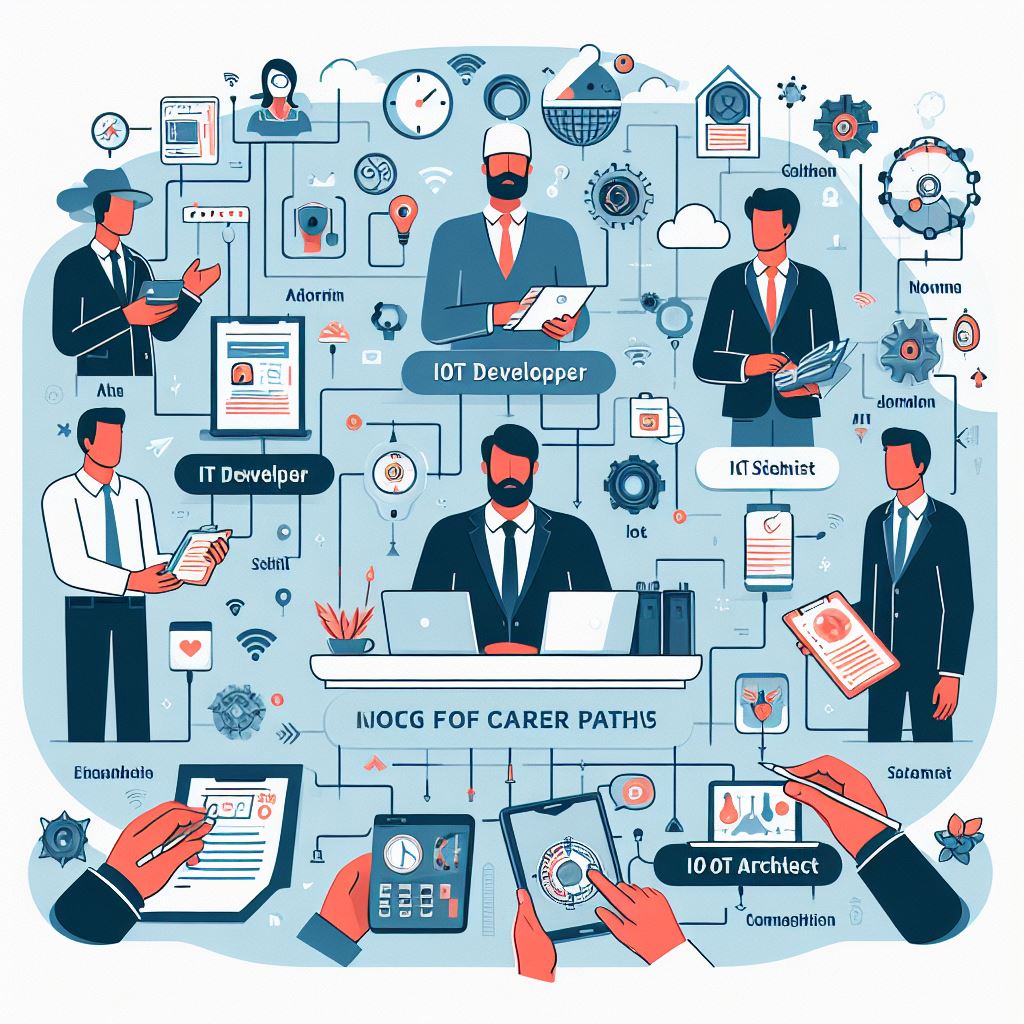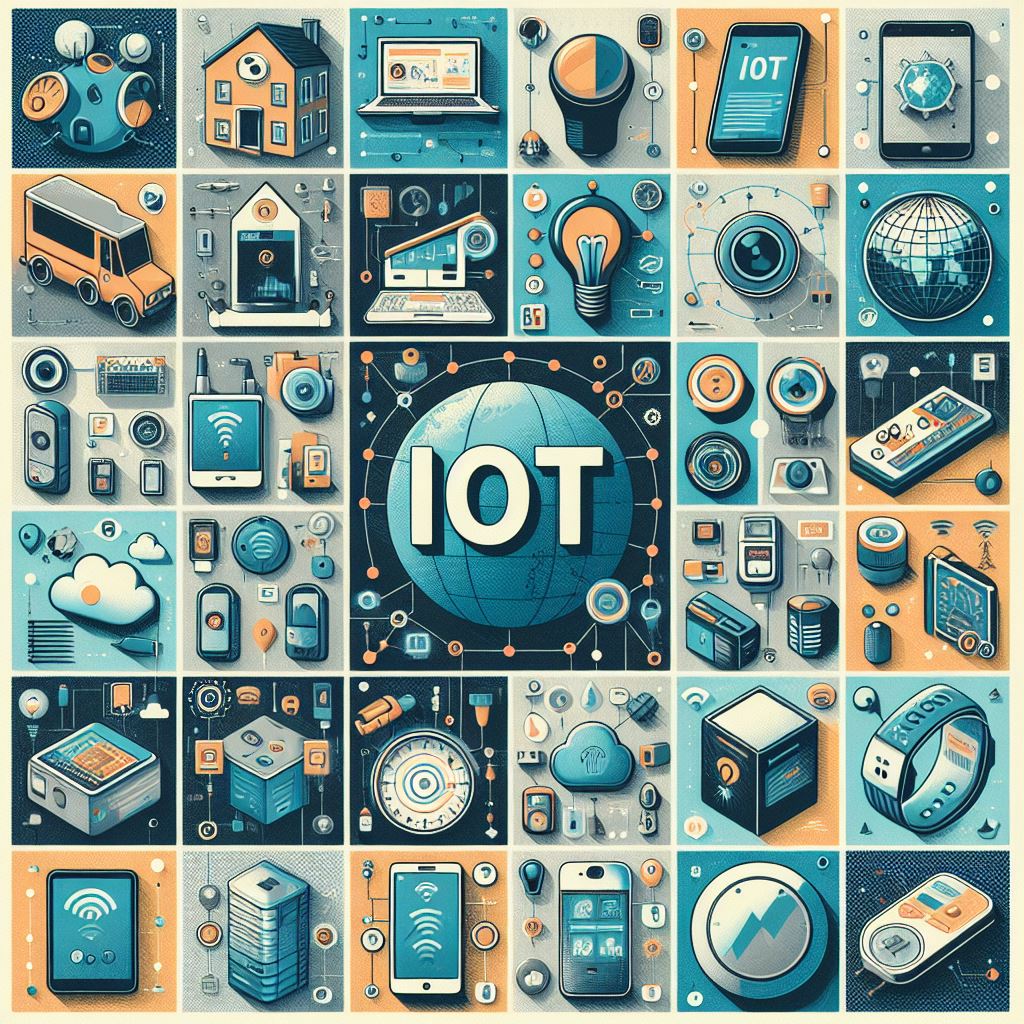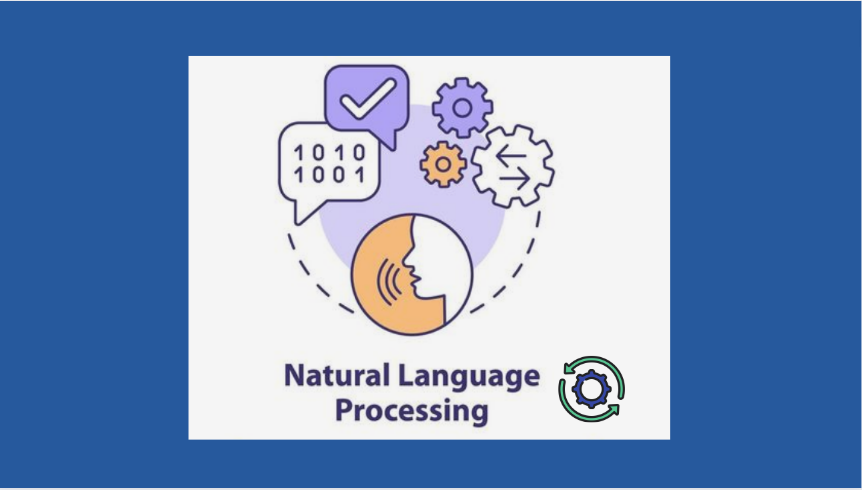Introduction
The IoT Internet of Things is a game-changer, in today’s paced world. What does it mean?
The Internet of Things, or IoT for short, is like a magical web that connects everyday objects to the Internet. Think of your phone, fridge, and even your shoes, all chatting online. It’s like giving them a secret superpower to communicate and share information without us even realizing it!
Significance of IoT
Why is IoT important? Imagine this scenario, your alarm clock wakes you up your intelligent coffee machine brews your morning beverage the way you prefer it. As you head out for work your car communicates, with your garage door to open. All effortlessly! This exemplifies the power of IoT, which enhances our lives by making them more convenient and interconnected than before.
Guess what? This trend is only growing larger! Every day more and more devices are joining the realm ranging from thermostats to fitness trackers. The growth potential seems boundless. It’s akin to a revolution that has only just begun.
In essence, IoT goes beyond communication between gadgets; it transforms our lifestyle, work patterns, and interactions with the world, around us. So fasten your seatbelts because the future of IoT is already here promising an exhilarating journey!

Career opportunities
If you understand what IoT is and you have a passion for building and creating products that will positively impact the future, then there are quite a few career opportunities that you can explore.
IoT Developer/Engineer:
- Design, develop, and deploy IoT solutions for various applications.
- Create and maintain software and firmware for IoT devices.
- Collaborate with hardware engineers to integrate sensors and actuators.
Data Scientist/Analyst for IoT:
- Analyze and interpret data generated by IoT devices to extract valuable insights.
- Develop algorithms and predictive models for IoT data analytics.
- Work with machine learning techniques to optimize IoT system performance.
IoT Architect:
- Design end-to-end IoT architectures and solutions.
- Define communication protocols and data exchange formats for IoT ecosystems.
- Ensure scalability, security, and interoperability of IoT systems.
IoT Security Specialist:
- Implement security measures to protect IoT devices and networks from cyber threats.
- Conduct security assessments and penetration testing for IoT deployments.
- Develop and enforce IoT security policies and best practices.
Industrial IoT (IIoT) Specialist:
- Focus on implementing IoT solutions in industrial settings such as manufacturing, energy, and utilities.
- Monitor and optimize industrial processes using IoT sensors and analytics.
- Ensure reliability, resilience, and safety of IIoT systems.
IoT Product Manager:
- Lead the development and launch of IoT products and services.
- Define product requirements and roadmap based on market research and customer feedback.
- Coordinate cross-functional teams including engineering, design, and marketing.
IoT Sales and Business Development:
- Identify and pursue business opportunities for IoT products and services.
- Build and maintain relationships with clients and partners in various industries.
- Drive revenue growth through effective sales strategies and negotiations.
IoT Consultant:
- Provide advisory services to organizations on IoT strategy, implementation, and ROI.
- Conduct IoT readiness assessments and develop implementation plans.
- Offer expertise in emerging IoT technologies and trends.
Education and Training
In today’s evolving landscape obtaining the appropriate education and training is crucial for paving the way to a prosperous career. Regardless of whether you belong to Generation Z or Generation Alpha there exist avenues through which one can acquire the expertise and understanding needed to excel in this dynamic industry.
Academic Degrees
- Bachelor’s Degree in Computer Science or Engineering:
- Provides a solid foundation in programming, algorithms, and hardware.
- Offers specialized courses in IoT technologies and applications.
- Master’s Degree in IoT or related field:
- Delve deeper into advanced topics such as data analytics, cybersecurity, and IoT architecture.
- Opportunities for research and specialization in specific areas of IoT.
- Online Degree Programs:
- Flexibility to pursue higher education while balancing other commitments.
- Access to cutting-edge curriculum and instructors from top universities worldwide.
Certifications
- Cisco Certified Network Associate (CCNA) IoT:
- Validates foundational skills in IoT networking technologies.
- Recognized globally by employers in the IT and networking industry.
- CompTIA Internet of Things (IoT+) Certification:
- Covers IoT infrastructure, security, and data analysis.
- Demonstrates proficiency in designing, implementing, and managing IoT solutions.
- AWS Certified IoT Specialty:
- Focuses on AWS IoT services, security, and optimization.
- Ideal for individuals interested in cloud-based IoT deployments.
Online Courses and Resources
- Coursera:
- Offers a wide range of IoT-related courses from universities and industry experts.
- Learn at your own pace with flexible schedules and access to practical exercises.
- Udemy:
- Explore hands-on courses covering IoT development, data analytics, and cybersecurity.
- Affordable options with frequent discounts and lifetime access to course materials.
- IoT Platforms and Communities:
- Join online platforms like IoT For All and IoT World Community for networking and learning.
- Access tutorials, webinars, and forums to stay updated on the latest IoT trends and technologies.
In today’s dynamic job market, continuous learning and upskilling are essential for staying competitive. Whether you choose to pursue a traditional academic degree, obtain industry certifications, or leverage online courses and resources, investing in your education and training will set you on the path to success in the exciting world of IoT.
Tips for Aspiring IoT Internet of Things professionals
Embarking on a career in the Internet of Things and the Industrial Internet of Things (IIoT) can be both thrilling and challenging. Here are some valuable tips to help Gen-Z and Gen-Alpha individuals navigate their journey and succeed in this dynamic field:
Networking and Professional Development
- Join Industry Events and Conferences:
- Attend IIoT-focused conferences, workshops, and meetups to expand your network and stay updated on industry trends.
- Engage with professionals from diverse backgrounds to gain insights and build connections.
- Online Networking Platforms:
- Leverage social media platforms like LinkedIn to connect with IIoT experts, potential mentors, and recruiters.
- Participate in relevant groups and discussions to share knowledge and learn from others in the field.
Building a Strong Portfolio
- Hands-On Projects:
- Work on real-world IIoT projects, either independently or as part of a team, to showcase your skills and expertise.
- Document your projects with detailed descriptions, including challenges faced, solutions implemented, and outcomes achieved.
- Open Source Contributions:
- Contribute to open-source IIoT projects on platforms like GitHub to demonstrate your coding proficiency and collaboration skills.
- Showcase your contributions and highlight your role in improving existing projects or developing new features.
Continuous Learning and Adaptation
- Stay Updated with Industry Trends:
- Follow IIoT blogs, podcasts, and online forums to stay informed about the latest technologies, tools, and best practices.
- Subscribe to newsletters and industry publications to receive regular updates and insights.
- Upskill Through Online Courses:
- Enroll in online courses and training programs to acquire new skills or deepen your knowledge in specific areas of IIoT.
- Platforms like Udemy, Coursera, and edX offer a wide range of courses on IIoT-related topics, including data analytics, cybersecurity, and IoT architecture.
- Embrace Lifelong Learning:
- Cultivate a growth mindset and be open to learning from both successes and failures.
- Seek feedback from peers and mentors to identify areas for improvement and continuously refine your skills.
In the rapidly evolving landscape of IoT or IIoT, networking, professional development, and continuous learning are essential ingredients for success. By proactively building your network, showcasing your skills through a strong portfolio, and embracing lifelong learning, you can position yourself as a valuable asset in the field of Industrial Internet of Things.
If you are interested in exploring other career options, do visit the link here
Summary
In summary, starting a career, in the Internet of Things(IoT) or the Industrial Internet of Things (IIoT) field presents a world of possibilities and exciting prospects. As we review the points highlighted in this article it’s important to keep in mind the following;
Recap of Key Points:
- Growing Industry: The Internet of Things and the Industrial IoT sector is rapidly expanding, with more industries embracing technologies to enhance processes and boost efficiency.
- Diverse Career Paths: There are career opportunities within IoT and IIoT ranging from developers and engineers to data scientists and IoT architects. These roles offer room for specialization and career advancement.
- Lifelong Learning: The IoT and IIoT industry is constantly evolving, requiring professionals to commit to learning and adaptability to stay competitive.
- Networking Importance; Networking and professional growth are essential for progressing in an IoT and IIoT career. Establishing connections with industry peers and engaging with communities can lead to opportunities and collaborations.
- Portfolio Development; A robust portfolio that showcases projects and achievements in IIoT is crucial, for standing out in the job market. It demonstrates skills and expertise to employers or clients.
To all the Generation Z and Generation Alpha who dream of a career, in IoT or Industrial IoT we urge you to pursue your interests with confidence and determination. Growing up in an era where your innate connection to technology and innovation equips you well for the evolving landscape of IIoT.
Keep in mind that the opportunities within Industrial IoT and IIoT are boundless and your expertise and contributions have the power to drive significant change in various industries while shaping the future of technology. Embrace challenges, seize every chance that comes your way, and commit to learning and growth as you embark on a fulfilling journey toward a career in Industrial IoT.
As Steve Jobs once said, “The key to doing great work is loving what you do.” So follow your passions carve out your path in IIoT and let your imagination and commitment propel you towards triumph in this field. The realm of Intent of Things and Industrial IoT holds promise, for those who dare to explore – it’s an adventure waiting for you to embrace!
FAQs
- What is IoT?
- Response: IoT, or Internet of Things, refers to a network of interconnected devices embedded with sensors, software, and other technologies that enable them to collect and exchange data over the internet.
- What are the applications of IoT?
- Response: IoT has numerous applications across various industries, including smart homes, healthcare monitoring, industrial automation, environmental monitoring, transportation systems, and agriculture.
- How does IoT work?
- Response: IoT devices collect data from their surroundings using sensors, process the data using onboard or cloud-based computing systems, and then act on the data or send it to other devices or systems for analysis or action.
- What is Industrial IoT (IIoT)?
- Response: IIoT, or Industrial Internet of Things, refers to the use of IoT technologies in industrial settings such as manufacturing, energy, utilities, and transportation to optimize processes, improve efficiency, and enable predictive maintenance.
- What are the benefits of IoT?
- Response: The benefits of IoT include increased efficiency, improved decision-making through data analytics, enhanced customer experiences, cost savings through automation, and the creation of new business models and revenue streams.
- Is IoT secure?
- Response: Security is a significant concern in IoT due to the large number of connected devices and potential vulnerabilities. Measures such as encryption, authentication, access control, and regular software updates are essential to ensure IoT security.
- What are some IoT devices?
- Response: Examples of IoT devices include smart thermostats, wearable fitness trackers, connected appliances (e.g., smart refrigerators, washing machines), industrial sensors, smart meters, and autonomous vehicles.
- What are the challenges of IoT implementation?
- Response: Challenges of IoT implementation include interoperability issues between devices and platforms, data privacy concerns, cybersecurity risks, scalability challenges, and the complexity of integrating IoT solutions into existing systems.
- How can I start a career in IoT?
- Response: To start a career in IoT, consider gaining relevant education or certifications in fields such as computer science, electrical engineering, or data analytics. Building practical skills through hands-on projects and networking with professionals in the industry can also be beneficial.
- What are some IoT trends to watch?
- Response: Emerging IoT trends include edge computing, artificial intelligence and machine learning integration, 5G connectivity, blockchain for IoT security, sustainable IoT solutions, and the rise of IoT in healthcare and smart cities.





